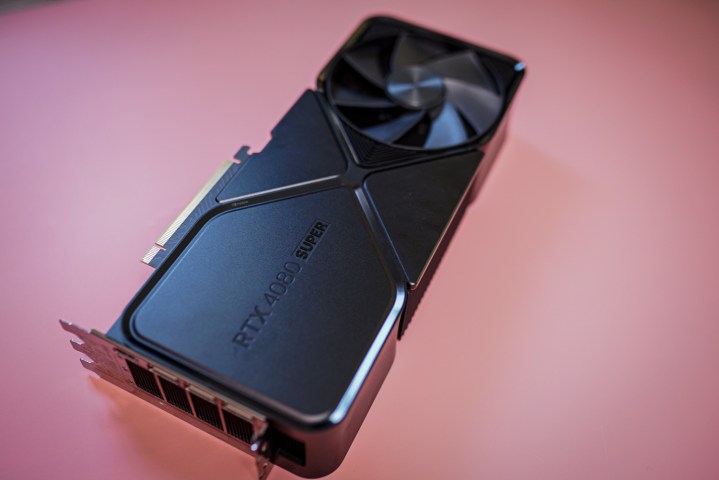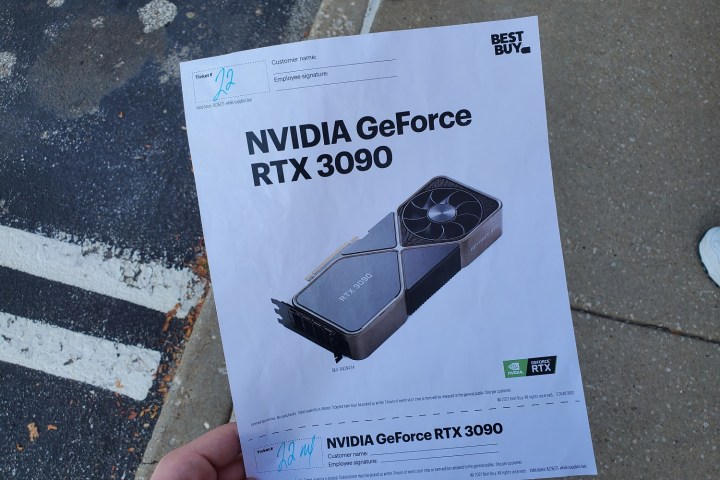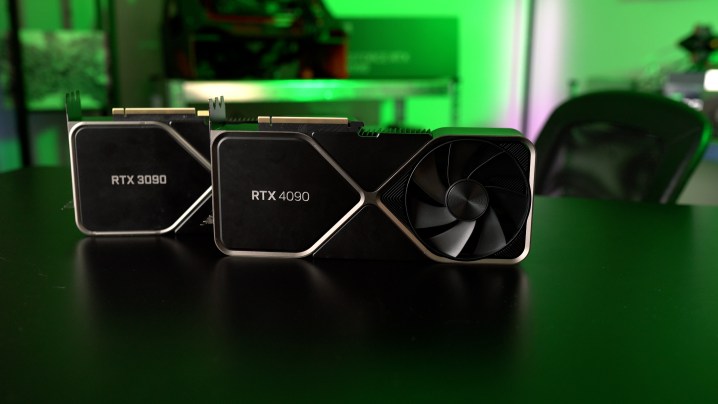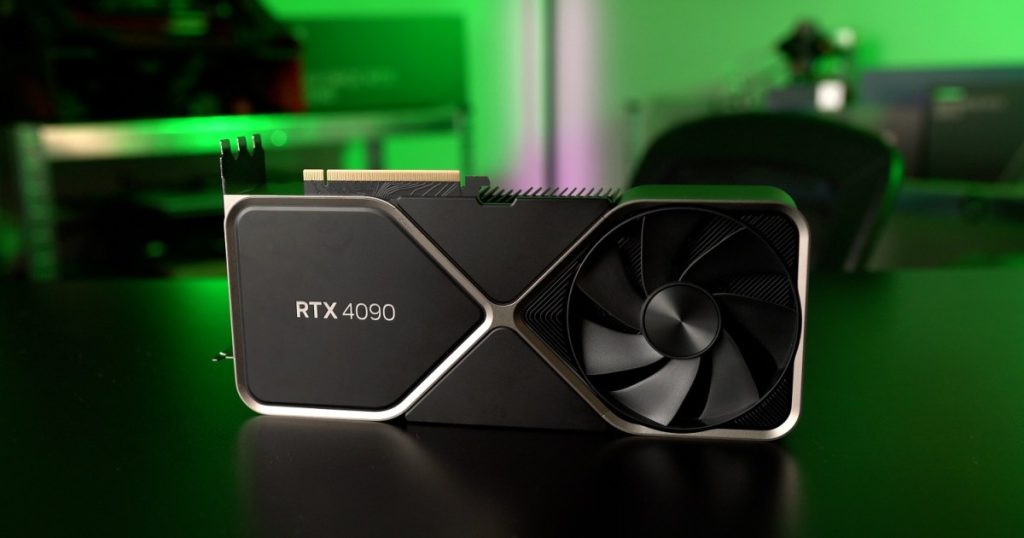In October 2022, when I first reviewed the RTX 4090, I called it “both a complete waste of money and the most powerful graphics card ever made.” Now, it was more than a year ago. The AI boom shortly after the launch of the RTX 4090, combined with some international restrictions on the GPU, has caused prices to skyrocket to unattainable places, moving the affordability from unlikely to basically impossible.
But that’s changing. Reports indicate that prices are slowly dropping, moving from a high of $2,200 down to around $2,000. That’s still way above the GPU’s list price of $1,600, but the trajectory now is at least positive.
Even with prices starting to drop, the RTX 4090 isn’t worth the money, and it might never be. It has nothing to do with the performance of the GPU. The RTX 4090 represents the pinnacle of a halo product in a GPU stack, and although it’s great to look at and salivate over the performance the GPU offers, it makes a lot less now than it did in 2022.
Shifting value

When Nvidia first launched the RTX 4090, it didn’t look as crazy as it does today. Would you believe that it actually provided a better value than the RTX 4080? If you picked up an RTX 4090 around the time it was released, you got one hell of a deal. It’s hard to call a piece of hardware built for playing video games that costs $1,600 a “deal,” but at least Nvidia gave buyers a compelling reason to spend that much money.
That’s not the case today. Not only is the RTX 4090 still selling for above list price, with prices ranging between $1,800 and $2,000, the RTX 4080 is also much cheaper. Nvidia’s refreshed RTX 4080 Super offers basically identical performance to the base model, but it comes in at a new price of $1,000. The value equation between the RTX 4080 and RTX 4090 is much different today than it was a year ago, with the RTX 4080 getting cheaper and the RTX 4090 getting more expensive.

Around a year ago, the RTX 4090 was around 33% more expensive than the RTX 4080. Now, you’ll spend double on the RTX 4090. We usually see prices drop in a uniform way as a generation draws to a close, particularly for flagship models, but the unforeseen demand for the RTX 4090 in AI work has caused it to stay at an inflated price that it still hasn’t recovered from.
There was a narrow window around the time the RTX 4090 released where it made sense, but it’s hard to justify now. Even if the card is able to drop back down to list price, the falling price of the RTX 4080 with its Super refresh still places a large price gap between the two cards.
Prices are still dropping, and the RTX 4090 could reach list price soon. Even then, the price drop on the RTX 4080 Super makes the $1,600 list price too high. I would hold off on buying the GPU unless you see a model below list price, which doesn’t seem likely any time soon.
Again, none of this has to do with the performance for the RTX 4090. It’s a fantastic GPU, and if you happen to have $2,000 burning a hole in your pocket, you should pick one up. Just because something is affordable to you, though, doesn’t mean it’s worth it. That’s the situation the RTX 4090 is in as we go deeper into 2024.
A cautionary tale

I purchased an RTX 3090 at the height of the GPU shortage. I was able to score a deal on one for list price about a year before the RTX 4090 would release, and I went for it. The $1,500 I spent on the card sounded a lot better than the $2,000 or more that the GPU was going for on the secondhand market. Last year, I sold the GPU for $800 on eBay, making out with about $650 after fees.
It’s a good reminder of how quickly PC hardware moves and how much value you can lose once a new generation shows up. I wouldn’t want to be one of the few that picked up an RTX 3090 Ti when it released, only for the card to be trounced by the RTX 4090 less than six months later. Now, even the $600 RTX 4070 Super provides close to identical performance to the RTX 3090 — for a third of the price.
This isn’t new, either. The $1,000 RTX 2080 Ti was the head honcho when it released in 2018, but it was matched by the $500 RTX 3070 two years later. If you bought the RTX 2080 Ti early, it was great. But it made less and less sense to buy as time went on, and the RTX 4090 is no different.
Halo products are destined to get outclassed, and that’s not a problem. Those buyers in the first wave have a status symbol they can hang on to for a few years, and hopefully something that will carry them for several years beyond that. But, the more you spend on a GPU, the more likely it is that your card will lose its value when the next generation arrives. What better marketing is there for a company like Nvidia than saying its new $600 GPU can perform as well as one that used to cost $1,500?
The RTX 4090 is reaching that point. Signs point to Nvidia launching its next generation of desktop graphics cards in 2025, and even without a shred of evidence, I’m willing to bet money that there will be some new monstrous GPU that makes the RTX 4090 look like child’s play. Then the midrange cards will come, and we’ll be in the same situation we are now, asking “that’s what we thought a flagship was before?”
Only flagship for a time

I don’t want you to leave here with the impression that it’s always a bad idea to spend up for flagship hardware. The idea of waiting for the next generation to upgrade is a cycle that you’ll never break — of course, if you wait long enough, you’ll be able to get better performance for less money. You can still bring some nuance to that idea, keeping in mind when new hardware is likely to launch and letting that guide your buying decisions.
Given Nvidia’s normal cadence of GPU releases, we’re likely looking at months, not years, before the next generation. And by the time the RTX 4090 even reaches list price, it will probably be too late to truly get any value out of it before the next halo GPU shows up on store shelves.


